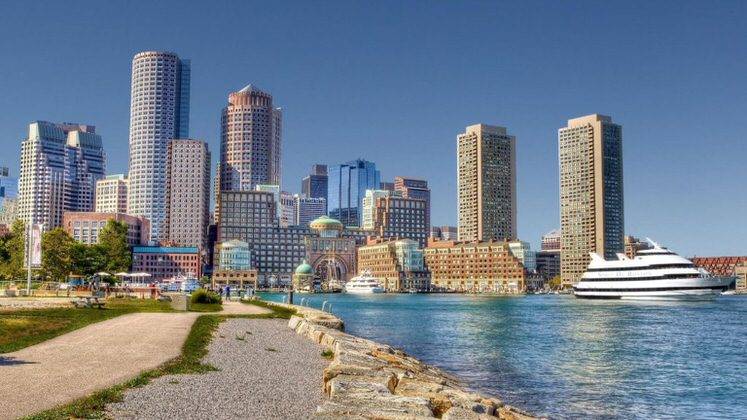The City of Boston is calling all Internet of Things (IoT) developers to submit ideas on how to improve the quality of life for citizens.
A request for information (RFI) published earlier this month calls on IoT developers to skip the “glossy presentation” and actual identify areas where improvements can be made.
See Also: India hopeful Trump will continue US support of smart cities
Boston has provided a list of goals for the RFI, which include an increase in digital access, improvements to transport, revamped public spaces and “third places”, upgrades to city services, engagement programs, a e-learning platform, and changes that make the city appealing to new businesses.
That’s a lot of ground to cover and gives IoT developers a wide array of problems to fix. The city wants developers to avoid large expenditures, especially if they do not reduce costs in the long term or add revenue to the city’s budget.
Boston open to public-private partnerships
Boston is open to public-private partnerships, which could mean bicycle, bus, and taxi services that are backed or powered by private corporations. This is already occurring in some U.S. cities; Boston has not said what areas are off limits to privatization.
“What we’ve done [in the last few years] have been more localized experiments,” said Nigel Jacob, co-founder of the Mayor’s Office of New Urban Mechanics.. “I think we’re at the point now where we’re creating more of a strategic approach. The hope here is to surface a lot of the ecosystem players that are certainly around Boston, but more generally also, so we can take a more long-term view in terms of where we want to be investing.”
The city recently published a first draft of Boston 2030, a high-level plan for city development in the next 15 years. It includes changes that make the city greener, more pedestrian, and hopefully more enticing for businesses. The RFI adds new factors specifically for IoT developers to consider, as the city makes these structural changes.


















